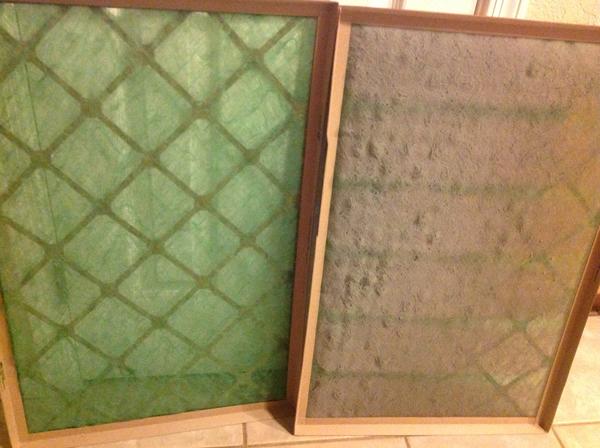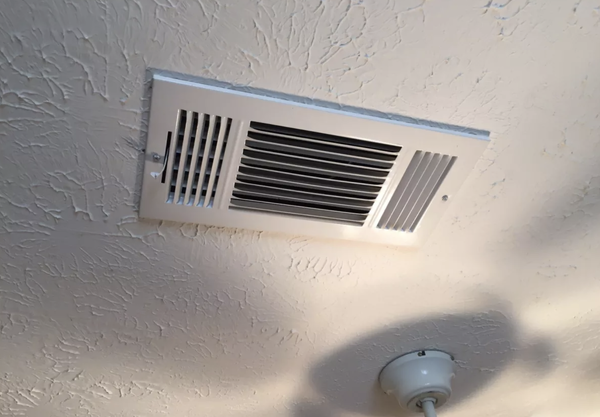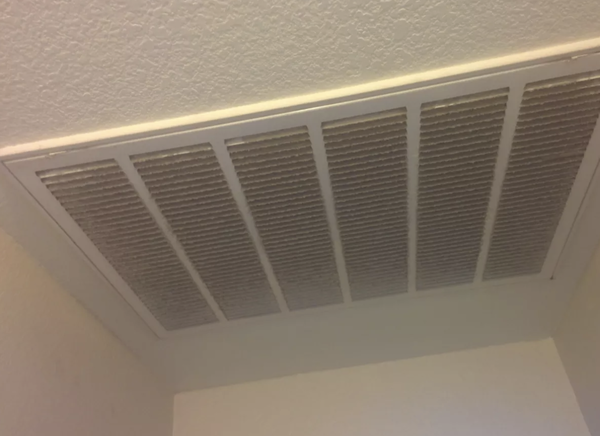My Gas Furnace Cycles On and Off Frequently
Have you ever looked at your furnace and thought, "my gas furnace turns on and off a lot?" If the answer is yes, you're probably experiencing short cycling, a problem in which the gas furnace cycles on and off frequently. In this blog, we'll go over everything you need to know about short cycling, including the following:
By the end, you'll know exactly what short cycling is, the problems it may cause, and what you can do about it.
Having problems with your gas furnace?
If you're having problems with your gas furnace, the MSP team is ready to help. For over a century, we've supported homeowners through trustworthy furnace installations and speedy, same-day repairs. Schedule a diagnostic visit or in-home estimate by calling us today at (651) 228-9200.
What Is Short Cycling?
Before we explain short cycling, let's examine what a healthy gas furnace cycle looks like. First, you set your thermostat to a specific temperature. Then, the gas furnace turns on and begins blowing warm air through your home's ductwork. Once it's done, it automatically turns off and "rests" for a short period of time. When it's finished resting, it turns back on, and the heating cycle repeats.
However, if your furnace is short cycling, it won't complete the normal heating cycle. Instead, it will turn off before reaching the desired temperature, then turn back on without properly resting. This can cause problems with your heating system.
What Problems Happen Because of Short Cycling?
You should not ignore a short cycling gas furnace. Over time, it can develop into the following issues:
- Uneven temperatures
- Higher costs
- System damage
The most noticeable consequence of a short cycling furnace is uneven temperatures. Since the furnace is constantly switching on and off, you won't receive the desired amount of heat, which can be especially uncomfortable during winter.
In addition to discomfort, short cycling can cause higher energy bills. Furnaces require extra energy to start up and shut down. When your furnace frequently cycles between off and on, it uses up more energy, leading to a more expensive monthly bill.
Finally, furnaces aren't designed to frequently turn on and off. Short cycling puts serious stress on your furnace's parts, encouraging them to wear down faster. Not only does this shorten the furnace's lifespan, but it also calls for more severe repairs down the line.
Now that you know why short cycling is harmful, you're probably wondering what makes it occur in the first place. Let's look at the top three causes.
Overheating Issues
Inside every gas furnace is a heat exchanger, which warms up air before distributing it through your home. If this element overheats, your furnace may automatically shut down, triggering short cycling. Here are a few problems that can cause overheating.
Dirty Air Filter

Make sure to replace your air filters.
Before air enters your furnace to get warmed up, it passes through an air filter. Over time, the filter can accumulate particles like dirt and dust, which block air from entering. When airflow is diminished, the exchanger retains heat, quickly leading to overheating.
The easiest way to check your air filters is through a standard tune-up. Our technicians can clean your air filters to prevent overheating, saving you from costly repairs.
Blocked Air Vents

Keep your supply vents open and unobstructed.
Did you know that when your air vents are closed or obstructed, pressure builds inside the vents? This reduces airflow, encouraging your heat exchanger to retain heat. It isn't long before the system overheats and short cycles.

Keep your return vents open and unobstructed.
Fortunately, blocked air vents are a relatively easy fix. Start by going around your home and ensuring every air vent is open and unobscured. If you notice a build-up of dust and particles on the vents, give them a quick clean.
Blocked Exhaust Vents

Exhaust air is carried out of your home through the flue pipe (red arrow). Source
Every gas furnace comes with an exhaust vent, which expels dangerous, hot gases like carbon monoxide. If the vent is clogged with dirt, leaves, or debris, those hot gases remain inside the furnace, causing overheating.
Blocked exhaust vents do more than trigger short cycling — they also increase your risk of carbon monoxide poisoning, which may lead to serious health issues and even fatalities. Fortunately, you can ensure your exhaust vent is in good shape through regular maintenance.
Wrong Thermostat Settings

Your thermostat controls your entire heating/cooling system.
In some cases, short cycling isn't the result of a faulty furnace — instead, it's caused by the thermostat. The thermostat dictates the temperature of your furnace. If it's not working properly, it may tell your furnace to turn on and off. Potential causes of a malfunctioning thermostat include:
- Low batteries
- Location
- Faulty wiring
Start by checking the thermostat's screen. If it's glitching, try replacing the batteries. You should also check the location — when thermostats are too close to a heat source, they can produce incorrect temperature readings. If you can't pinpoint the issue, you may have a faulty wiring issue. At MSP, our technicians have years of experience in fixing thermostats. We'll get the job done promptly if you need a wiring repair or a re-installation.
Oversized Furnace
A furnace's size dictates how much heat it can produce within an hour. If your furnace is too large for your home's heating needs, it will reach the desired temperature too quickly, causing it to turn off abruptly and trigger short cycling.
The best way to prevent this is by getting an expert installation. At MSP, we carefully evaluate your home and perform a Manual J Heat Load test before recommending a furnace that perfectly suits your heating needs.
Contact the Qualified Heating Technicians at MSP!
Are you looking for an expert to perform a gas furnace repair or installation? MSP Plumbing Heating Air is committed to outstanding service and will get the job done right the first time. Call us at (651) 228-9200 to schedule a diagnostic visit or in-home estimate. Experience 5-star heating service today!
